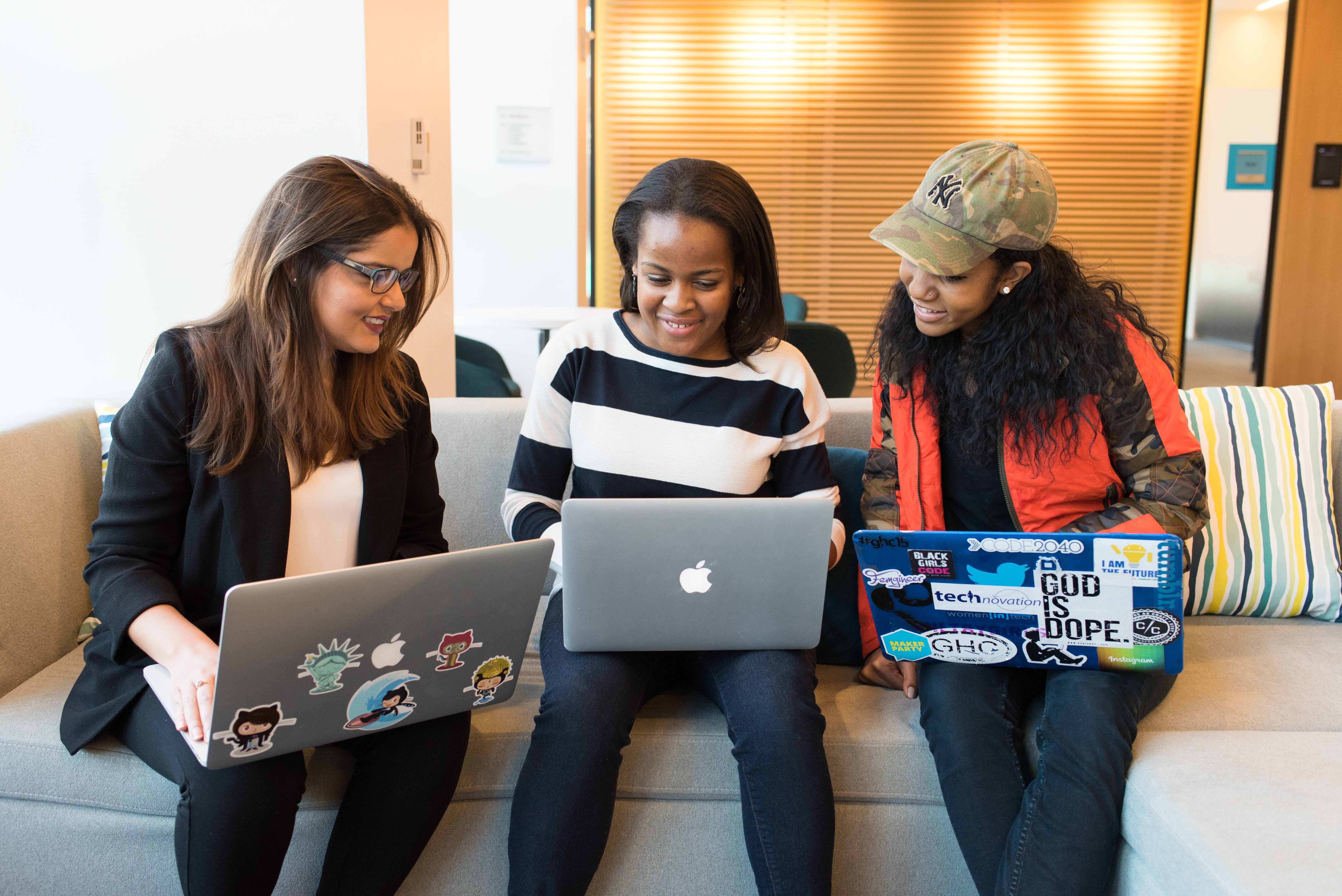Some thoughts on making ‘experience chasms’ a bit shallower at the boundaries of traditional orgs.
We’re seeing increased interest in customer and employee experience from most organisations, focused on increasing loyalty, revenues, engagement and empowerment. But another, often ignored experience chasm is starting to affect and disrupt our digital transformation efforts: partnership and supplier experiences. Gone are the days where organisations could consider suppliers as mere transactional providers of just-in-time commodities. The way they work, the culture they bring and the leadership principles they exhibit all have the ability to catalyse or stymie our efforts in transformation.
Canaries in the coalmine
In the world of manufacturing, supplier experience has always been on the radar – supply chain management has been a crucial indicator of company health and ability to deliver. Whilst management practices and techniques have at times treated suppliers as mere commodity providers, recent disruptions (pandemics & war spring to mind) mean that organisations have had to adapt their ‘just-in-time’ expectations to encompass the ‘just-in-case’, bringing new ideas to the table. The industry has turned a corner in understanding that provision is not enough experience is all about how people feel when they interact and come into contact with a supplier and that happens in working teams. Suppliers can differentiate themselves by being different, better, as leaders in their own right. But how can the receiving organisation distinguish itself?
Moving our thinking from being a supplier’s customer, to being a supplier’s partner is where the key to true transformation of experience can start – not just at the procurement stage, but throughout the working relationship and beyond. Much like a supplier, a partner also provides goods or services to a business, but also provide significant value-add. How can we encourage this kind of relationship to unfold? What additional value could we unlock in our suppliers if we expected and enabled more?

Challenges for renting talent
In the current struggle to secure talent, it is not uncommon to rent talent temporarily from an existing supplier to speed up delivery – here is where organisations really need to step up their game. Integrating teams led by – or made up of – suppliers need clear guidelines and frameworks, within which to deliver maximum value to the organisation. Those mixed teams are as much a part of the organisation as traditional teams, but they need help to feel like part of the fabric. They cannot come up against the challenges of ‘not made here’ or ‘they just don’t understand’. The organisation has to help them to understand, otherwise those short-term rentals will become a hindrance – and we should not make anyone feel that their work is futile.
There are other benefits to growing a partnership ecosystem and they extend beyond simply better supplier experiences. All companies need to evolve their ability to operate in multiple ecosystems – the right partners bring a wealth of experience as well as connections that open up possibilities that the current organisation’s capabilities would otherwise not support.
How to start re-imagining supplier experiences
The basic tools of customer experience are equally relevant to improving supplier experiences. Starting with:
- Empathy maps: how are the whole team involved feeling? What are the saying, doing, etc. Developing empathy early in combined teams pays dividends when delivery hits those crunchy moments!
- Journey mapping: Understanding hand off points, moments where performance falls off a cliff, the moments that matter all help us to map a better experience – especially if all parties understand the ideal experience map!
- Team agreements: A basic set of shared values, and a clear way of getting things done can stop small niggles becoming an escalated problem. If both sides are invested in making the team a great place to work then we are already winning.
- Retrospectives: A formal opportunity to raise where wrk isn’t working is an invaluable way to diffuse any issues early – for me, retrospectives are most valuable between groups which maybe differently incentivised!
Of course, we also need to ask ourselves… What other experience-centric opportunities are we missing in Digital Transformation?

